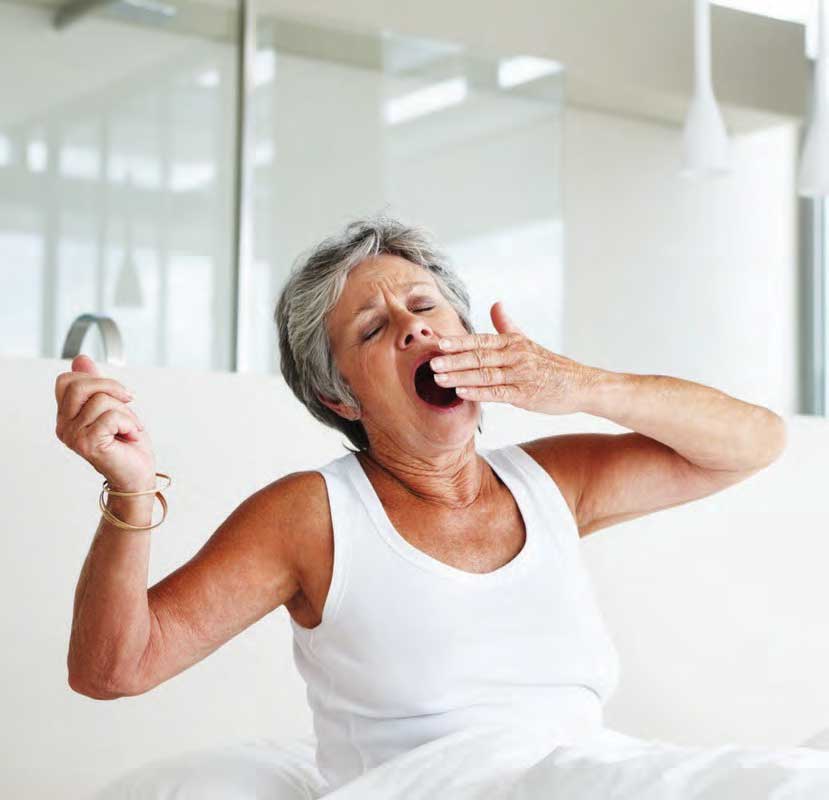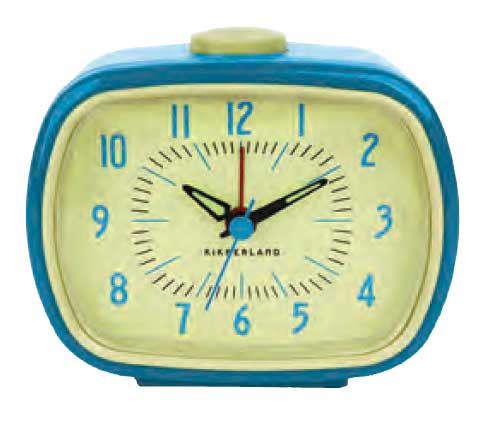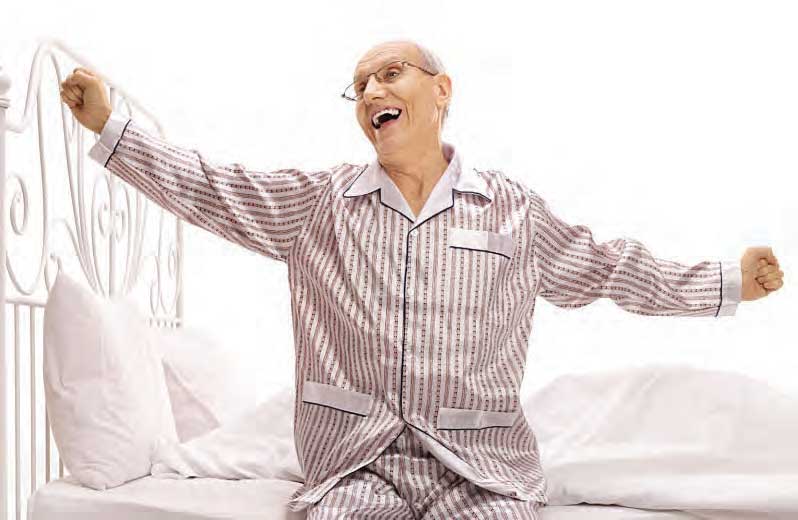
An average of 7.5 to 9 hours of sleep each night is considered healthy for most adults. Seniors are often unable to sleep this much due to a variety of sleep-related problems. During sleep awareness month, learn what can be done to help seniors establish healthy sleep patterns.
How Aging Affects Sleep
Unfortunately, changes in sleep patterns are a normal part of aging. Many seniors have difficulty falling asleep and staying asleep. In some cases, the challenge is due to a sleeping disorder or the side effect of a medication. However, sleep disturbance in the aging is often just the result of reduced REM sleep. In other words, seniors tend to be lighter sleepers. They wake up more often due to noise, aches, movement, the need to use the bathroom, etc.
Common Sleep Illnesses Seniors Face
For those seniors whose difficulties with sleep result from medical conditions, it is important to receive medical treatment. Encourage sleep-deprived seniors to see the doctor if they experience:
- Advanced Sleep Phase Syndrome
- Sleep Apnea
- Restless Leg Syndrome
- Insomnia
- Sleep-related side effects of medication
- Sleep-related side effects of underlying diseases
Issues like these are often addressed through lifestyle changes or medications. Seniors can consult with their doctor to learn about the best treatment options for their particular problem.
Sleep Awareness Tips for the Aging
These simple tips will help you or the Senior you love make the most out of their sleep routine.
- Be Mindful
Stress, worry, and negative thought patterns can disrupt sleep— even if seniors try to “think positively” right before bed. Since sleep deprivation affects mental health and vice versa, it is important to encourage seniors to develop a healthy response to stress at all hours. - Exercise Regularly
Physical activity can help the body sleep. Regular exercise also offers health benefits that positively impact sleep, like lower blood pressure, stress relief, and improved breathing. - Form a Bedtime Routine

Many habits can influence sleep for better or for worse. Lying in bed during the day can disrupt sleep patterns. Watching television or screen time on the phone at night can also delay sleep. Encourage seniors to establish a bedtime routine that includes doing something quiet and relaxing for an hour. - Eat and Drink for Better Sleep
Sometimes seniors drink alcohol before bed because it makes them sleepy. However, alcohol tends to wake people up in the middle of the night and reduce REM sleep cycles. Food does the same. Seniors should avoid eating food or drinking alcohol for 2-3 hours before bedtime.






 © 2025 Kirby Pines LifeCare Community. All Rights Reserved |
© 2025 Kirby Pines LifeCare Community. All Rights Reserved | 